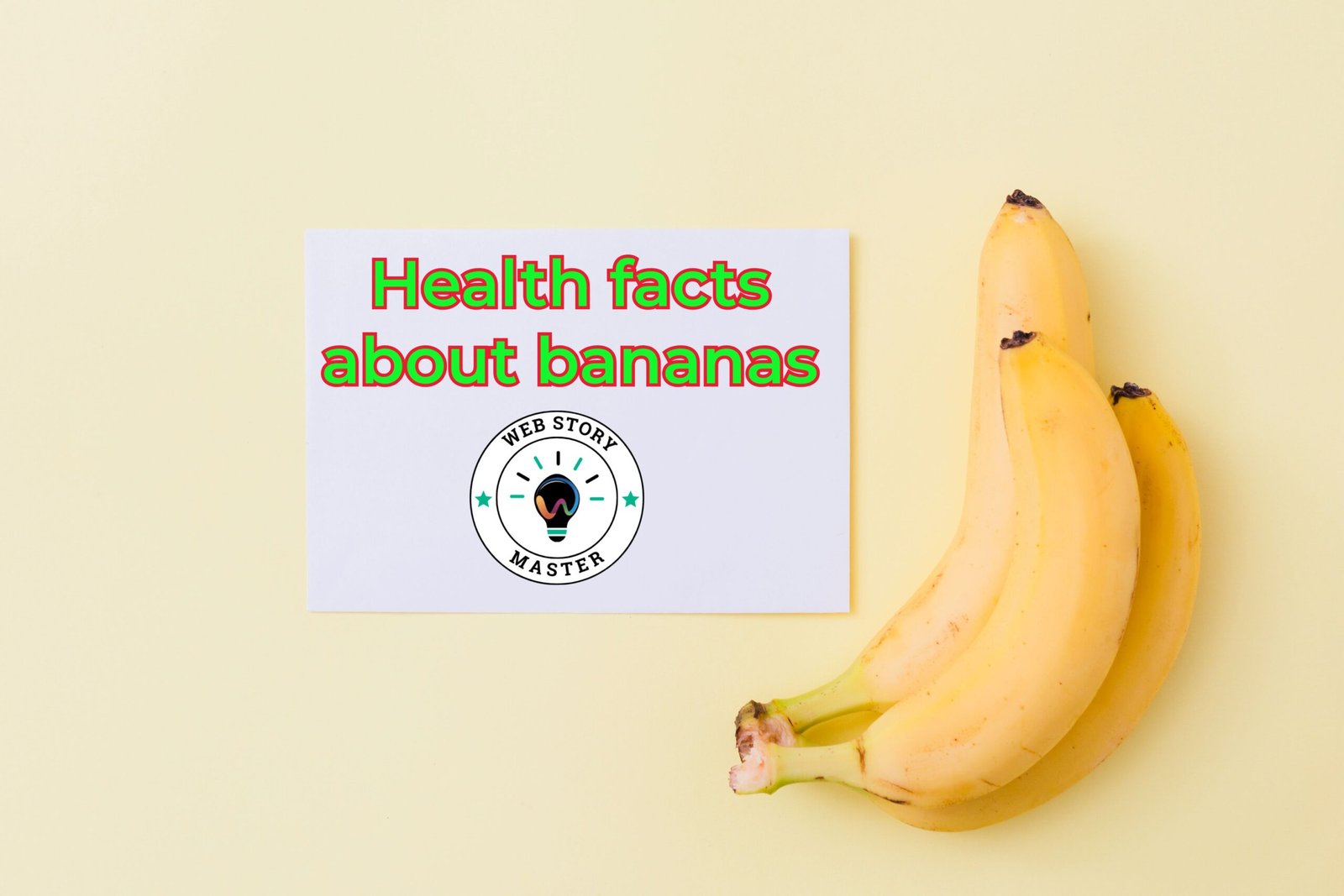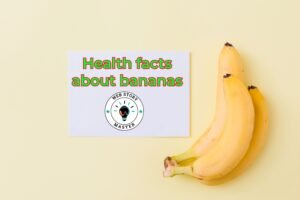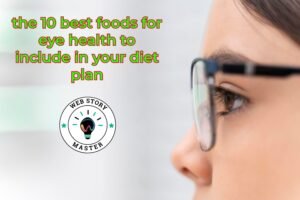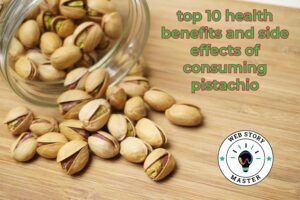what foods to avoid when taking a blood thinner
Table of Contents
what foods to avoid when taking a blood thinner
what foods to avoid when taking a blood thinner
When taking a blood thinner, particularly medications like warfarin (Coumadin), it’s important to be mindful of your diet due to its potential interaction with vitamin K, which plays a role in blood clotting. Here are some foods to be cautious about:
Leafy Green Vegetables:
Spinach, kale, Swiss chard, collard greens, and other leafy greens are high in vitamin K. While you don’t need to avoid these foods entirely, it’s essential to maintain a consistent intake. Sudden changes in the amount of vitamin K you consume can affect the effectiveness of blood thinners.
Broccoli and Brussels Sprouts:
These cruciferous vegetables are also rich in vitamin K and should be eaten in moderation and consistently to maintain a stable level of vitamin K intake.
Green Tea:
Green tea contains vitamin K and may interfere with the effectiveness of blood thinners if consumed in large amounts. Moderate consumption is generally safe, but it’s best to consult with your healthcare provider for personalized advice.
Cabbage and Other Brassica Vegetables:
Cabbage, cauliflower, and other vegetables in the brassica family contain moderate levels of vitamin K and should be eaten consistently in moderate amounts.
Soy Products:
Soybeans and soy-based products contain vitamin K and should be consumed in moderation.
Liver:
Organ meats like liver are high in vitamin K and should be eaten sparingly if you’re taking a blood thinner.
Herbal Supplements:
Some herbal supplements, such as ginkgo biloba and St. John’s wort, can interact with blood thinners and increase the risk of bleeding. Avoid these supplements unless specifically approved by your healthcare provider.
Alcohol:
While not a food, alcohol can affect blood clotting and increase the risk of bleeding, especially when consumed in excess. Limit alcohol intake or avoid it altogether while taking blood thinners.
It’s important to maintain a consistent diet and speak with your healthcare provider or a registered dietitian for personalized advice on managing your diet while taking blood thinners. They can help you develop a meal plan that balances your nutritional needs with the requirements of your medication. Additionally, they can monitor your blood clotting levels and adjust your medication dosage as needed.
24 Most effective natural blood thinner foods
blood thinning fruits and vegetables avoid food
While there aren’t specific fruits and vegetables that actively “thin” the blood like medications, some foods contain significant amounts of vitamin K, which can counteract the effects of blood thinners like warfarin. Vitamin K plays a role in blood clotting, so consuming large amounts of foods high in vitamin K can interfere with the effectiveness of these medications. If you’re taking a blood thinner, it’s important to be mindful of your intake of these foods and consume them consistently in moderation. Here are some fruits and vegetables that are high in vitamin K:
Leafy Greens:
Spinach, kale, Swiss chard, collard greens, and turnip greens are particularly high in vitamin K.
Broccoli:
Broccoli is another cruciferous vegetable that contains a significant amount of vitamin K.
Brussels Sprouts:
Brussels sprouts are rich in vitamin K and should be consumed in moderation if you’re taking a blood thinner.
Cabbage:
Cabbage, including green cabbage, red cabbage, and Napa cabbage, contains vitamin K and should be eaten in moderation.
Asparagus:
Asparagus is a source of vitamin K and should be consumed consistently in moderate amounts.
Green Beans:
Green beans contain some vitamin K and should be eaten in moderation.
Peas:
Peas, including green peas and snow peas, contain vitamin K and should be consumed in moderation.
Avocado:
While avocados are generally healthy, they contain a moderate amount of vitamin K and should be consumed consistently in moderate amounts.
Kiwi:
Kiwi is another fruit that contains vitamin K and should be eaten in moderation.
It’s essential to maintain a consistent intake of foods high in vitamin K while taking blood thinners to ensure the medication’s effectiveness remains stable. However, sudden changes in the amount of vitamin K you consume can affect the medication’s effectiveness and increase the risk of blood clots or bleeding complications. Always consult with your healthcare provider or a registered dietitian for personalized advice on managing your diet while taking blood thinners. They can provide guidance tailored to your specific health needs and circumstances.
how to gain weight at home naturally?
How to avoid blood clots naturally?
There are several lifestyle changes and natural strategies that may help reduce the risk of blood clots:
Stay Active:
Regular physical activity promotes healthy blood circulation and reduces the risk of blood clots. Aim for at least 30 minutes of moderate-intensity exercise most days of the week. Activities like walking, swimming, cycling, and yoga can be beneficial.
Maintain a Healthy Weight:
Being overweight or obese can increase the risk of blood clots. Adopting a healthy eating plan and engaging in regular exercise can help achieve and maintain a healthy weight.
Stay Hydrated:
Drinking plenty of water helps prevent dehydration, which can make blood more prone to clotting. Aim to drink enough water throughout the day to stay adequately hydrated.
Avoid Prolonged Sitting or Standing:
Sitting or standing in one position for extended periods can increase the risk of blood clots, particularly in the legs. Take breaks to move around and stretch regularly, especially during long periods of sitting or standing.
Quit Smoking:
Smoking damages blood vessels and increases the risk of blood clots. If you smoke, quitting can significantly reduce your risk of cardiovascular problems, including blood clots.
Limit Alcohol:
Excessive alcohol consumption can affect blood clotting and increase the risk of cardiovascular problems. Limit alcohol intake to moderate levels or avoid it altogether to reduce the risk of blood clots.
Eat a Healthy Diet:
Focus on a balanced diet rich in fruits, vegetables, whole grains, lean proteins, and healthy fats. Limit processed foods, saturated fats, and added sugars, which can contribute to inflammation and increase the risk of cardiovascular problems.
Manage Stress:
Chronic stress can contribute to inflammation and increase the risk of blood clots. Practice stress-reduction techniques such as deep breathing, meditation, yoga, or spending time in nature to promote relaxation and overall well-being.
Wear Compression Stockings:
If you’re at high risk of blood clots, such as during long flights or if you have a medical condition that increases clotting risk, wearing compression stockings can help promote blood flow in the legs and reduce the risk of deep vein thrombosis (DVT).
Follow Medical Advice:
If you have specific risk factors for blood clots, such as a history of clotting disorders or recent surgery, follow your healthcare provider’s recommendations for preventive measures, including medication or medical procedures.
It’s essential to consult with your healthcare provider before making any significant lifestyle changes, especially if you have underlying health conditions or are taking medications. They can provide personalized advice based on your individual health status and risk factors.













3 comments